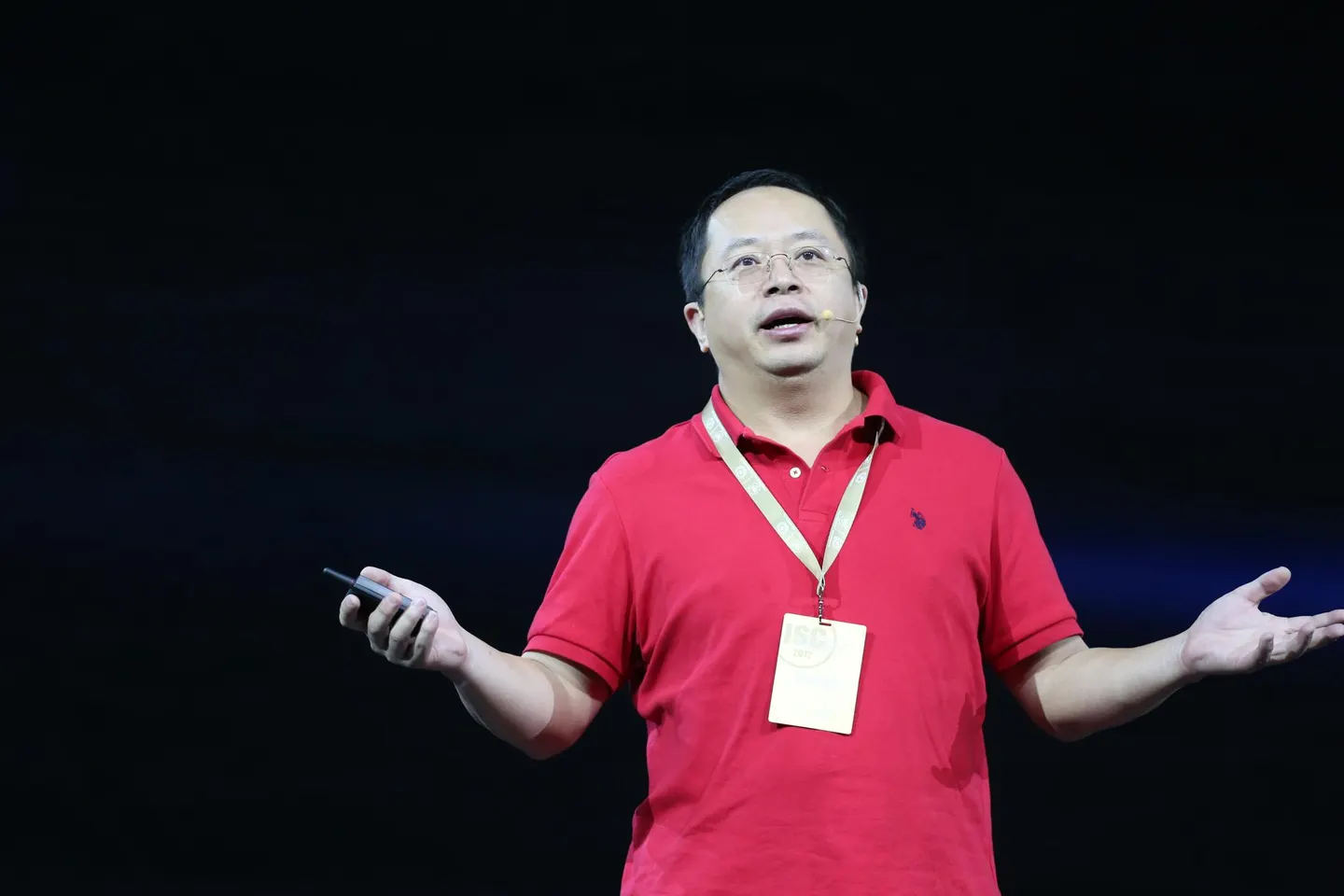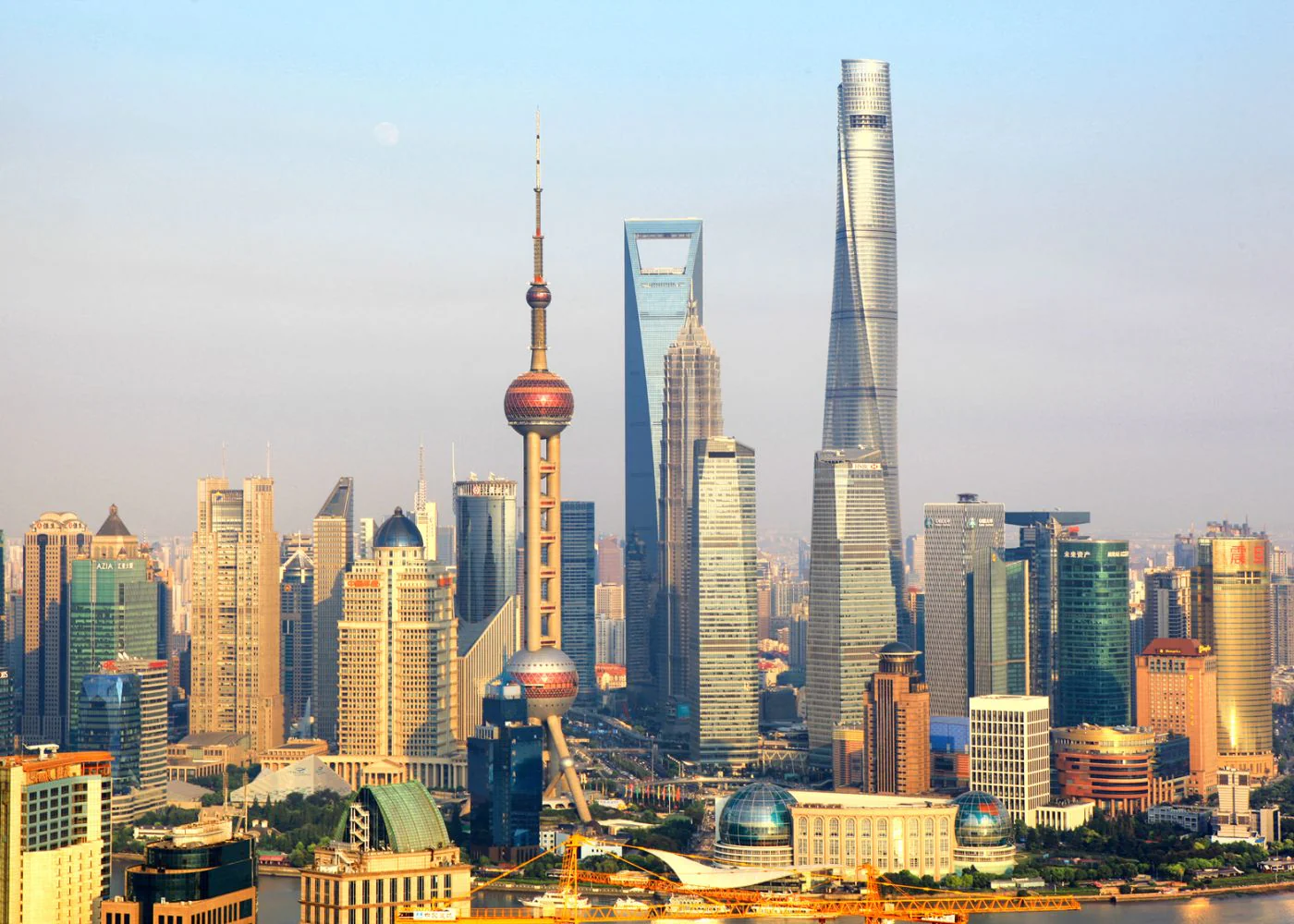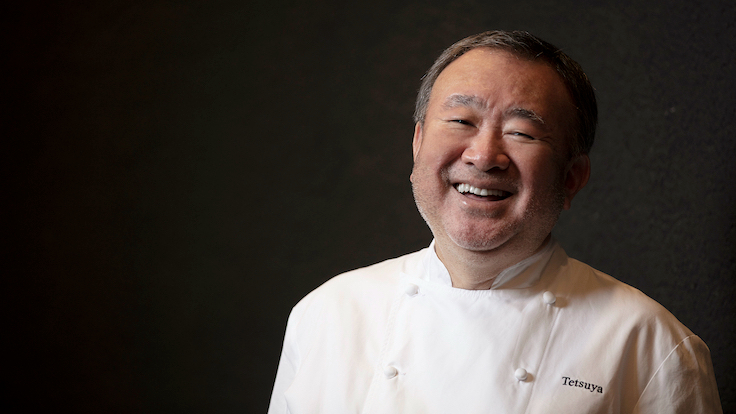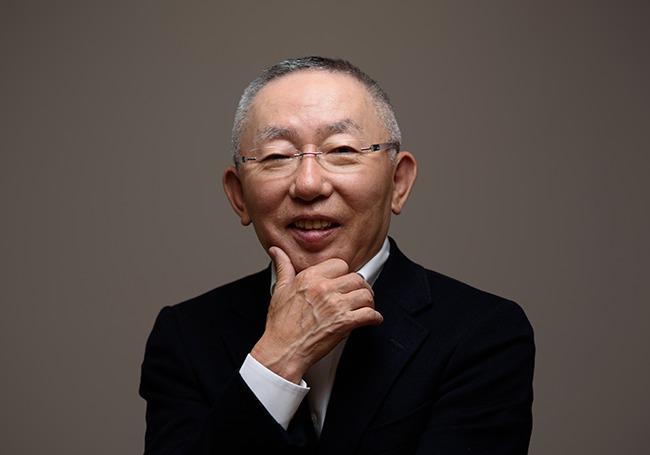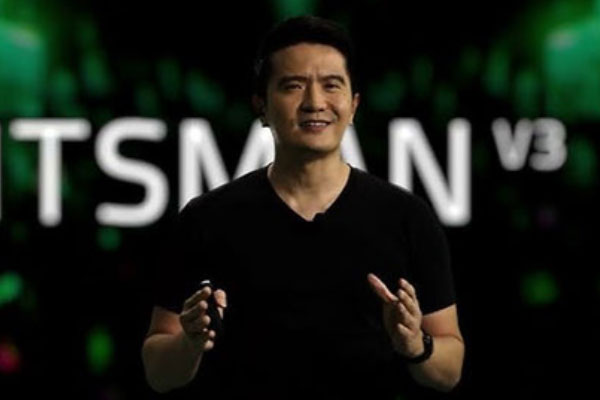Baiont's AI-driven approach reshapes China's quantitative trading industry
Baiont, a leading quantitative investment firm based in China, is transforming the industry by integrating artificial intelligence (AI) into every layer of its trading operations. With over $970 million in assets under management, Baiont represents a major shift in Asia’s evolving capital markets. CEO Feng Ji highlights the urgency of adoption, stating that firms not embracing AI will “rapidly lose relevance.
Background: Built during China’s fintech and data science boom
Established during China’s fintech expansion, Baiont was founded by a team of data scientists, mathematicians, and former hedge fund managers. Their shared mission was to modernize quantitative finance by applying AI-driven solutions. The firm capitalizes on China’s data-rich environment and favorable regulatory support for tech innovation.
Unlike traditional funds, Baiont draws on alternative data sources such as social media sentiment, satellite imagery, and high-frequency trading feeds. Its early adoption of machine learning enabled it to forecast short-term price shifts with a high degree of accuracy. This focus on real-time analysis has fueled fast growth in a competitive market.
Strategic moves: Building autonomous trading systems with AI
Baiont’s core strength lies in its AI-powered investment engine, which combines natural language processing (NLP), deep neural networks, and reinforcement learning. These technologies drive autonomous agents that scan thousands of variables across global markets. The agents adapt with each trading cycle, refining their strategies in real time.
In 2025, Baiont introduced BaiontX, a platform that simulates market responses to geopolitical changes. This tool enables traders to hedge more accurately and react quickly during turbulent periods. According to Feng Ji, BaiontX was essential in surpassing benchmarks during recent inflation shocks.
Additionally, the firm is now piloting generative AI to forecast different market scenarios and support portfolio managers in strategic decision-making. This model reflects Baiont’s hybrid philosophy—combining machine precision with human insight.
Editorial insight: Asia’s transformation through AI-led asset management
Baiont’s success mirrors a broader shift across Asia’s top financial hubs like Shanghai, Hong Kong, and Singapore. These cities are emerging as testing grounds for AI-enabled finance, where tech innovation and risk control coexist.
What sets Baiont apart is its full-stack integration model. The company manages everything from data sourcing to execution strategy in-house. This end-to-end control minimizes latency, improves analytics, and accelerates performance evaluation. As a result, Baiont has become a blueprint for the next generation of hedge funds in the region.
Future outlook: Scaling AI-driven trading into global markets
Looking ahead, Baiont plans to expand into Southeast Asia and the Middle East. These emerging markets offer strong opportunities for algorithmic trading and credit risk modeling. The firm is also pursuing partnerships with universities and AI research centers in Beijing and Singapore to build advanced trading models.
By 2026, Baiont aims to double its assets under management, focusing on sovereign wealth funds and family offices seeking high-tech strategies. The company is also working on AI-based ESG scoring tools, aligning with global demand for sustainable investing.
As global finance moves toward automation, Baiont is setting the pace. Its innovations show that data, speed, and AI can redefine leadership in capital markets.

